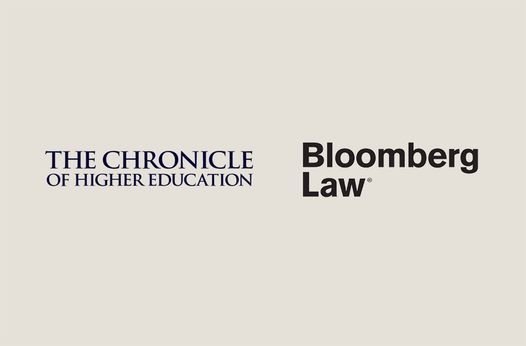Florida Insurer Found Not Guilty of Bad Faith Caused by Insured’s Counsel
Insights for Insurers Alert | 3 min read
Jul 20, 2011
To date, Florida has not recognized the defense of comparative bad faith, taking the view that the focus is on the acts of the carrier, not of the insured. Nationwide Property & Casualty Ins. Co. v. King, 568 So. 2d 990 (Fla. 4th DCA 1990). However, in Barnard v. Geico General Ins. Co., 2011 WL 2039560 (N.D. Fla. May 25, 2011), the U.S. district court explored the impact of the claimant counsel’s evasive behavior, which the court described as “outrageous and unprofessional,” in justifying entry of a judgment as a matter of law in favor of the carrier in a bad faith case. In doing so, the court determined that just because the carrier’s efforts were frustrated did not mean they were in bad faith.
Barnard involved an accident that occurred on January 7, 2005. The carrier was orally notified that counsel was representing the deceased plaintiff’s estate, although an official letter of representation had not been provided. Despite that, 11 days after the accident, the carrier tendered by hand delivery to the attorney’s office a $10,000 check for full bodily injury limits made out to the personal representative of the estate and the attorney. A release accompanied the check, but only releasing one of the two named insureds, the driver and the insurer. The carrier then notified both named insureds of the potential for an excess judgment and their right to retain counsel at their own expense.
During the subsequent six months, the carrier tried 16 times to contact the claimant’s attorney. It then sent a representative to hand deliver a release and a second check for the bodily limits to the lawyer because the first check had become stale. On August 5, 2005, seven months after the original tender, the claimant’s attorney communicated with the carrier for the first time and indicated that he had received the check and release but believed an estate would have to be established. He requested that the carrier either waive the opening of the estate or pay the cost of filing the estate, which he estimated at $2,500. Furthermore, he requested a formal insurance disclosure under the state’s insurance disclosure statute, and that the check be reissued in the name of the personal representative and himself. He requested that this be done with within 30 days.
In response, the carrier engaged counsel to set up an estate. The attorney attempted to contact the claimant’s lawyer over the course of several weeks, but did not receive a response until after suit was filed. The claimant’s attorney argued that the insurance company had failed to comply with his written demands to settle the case for the policy limits and proceeded to enter into a consent judgment for $2.5 million.
In the subsequent bad faith action, the court acknowledged the duty to use the same care and diligence as a person of ordinary care and prudence should exercise in the management of his own business. It further recognized that Florida judged bad faith under the standard of “the totality of the circumstances,” and that generally bad faith was a question for the jury. However, here it was uncontested that defendant tendered the full policy limits within 11 days. It subsequently attempted to contact the claimant’s attorneys 16 times over the next six months without response and delivered a second check because the first one was stale. In the court’s view, it was clear that the carrier made every attempt to settle the claim despite what it described at the claimant’s attorney’s “inexplicable evasive behavior.” Citing to a Florida Bar Journal article on bad faith, the court noted that this appeared “dangerously close to the type of bad faith claim ‘setup’ warned of in a recent Florida Bar Journal article.” It then concluded, “Plaintiff cannot now use her own attorney’s poor behavior to claim bad faith on the part of Defendant.”
Practice Note
Although comparative bad faith may not be a defense in Florida, this case shows how the inability to protect the insured, if caused by the acts of the claimant’s attorney, can preclude a finding of bad faith as a matter of law. The court also noted that negligent behavior, such as the original release only naming one of the two named insureds, was not bad faith.
This alert has been prepared by Hinshaw & Culbertson LLP to provide information on recent legal developments of interest to our readers. It is not intended to provide legal advice for a specific situation or to create an attorney-client relationship.
Related Capabilities
Featured Insights

Employment Law Observer
Dec 8, 2025
12 Days of California Labor and Employment: 2025 Year in Review

Press Release
Dec 4, 2025
Hinshaw Recognized by the Leadership Council for Legal Diversity as a 2025 Top Performer

Press Release
Nov 25, 2025
Hinshaw Legal Team Secures Summary Judgment in Gas Station Injury Case

Press Release
Nov 18, 2025
Hinshaw Releases the Third Edition of Duty to Defend: A Fifty-State Survey

In The News
Nov 13, 2025
A Profile on Neil Rollnick: After 57 Years in Practice, He Has No Plans to Retire

Press Release
Oct 22, 2025
Hinshaw & Culbertson LLP Launches New Website and Refreshed Brand






